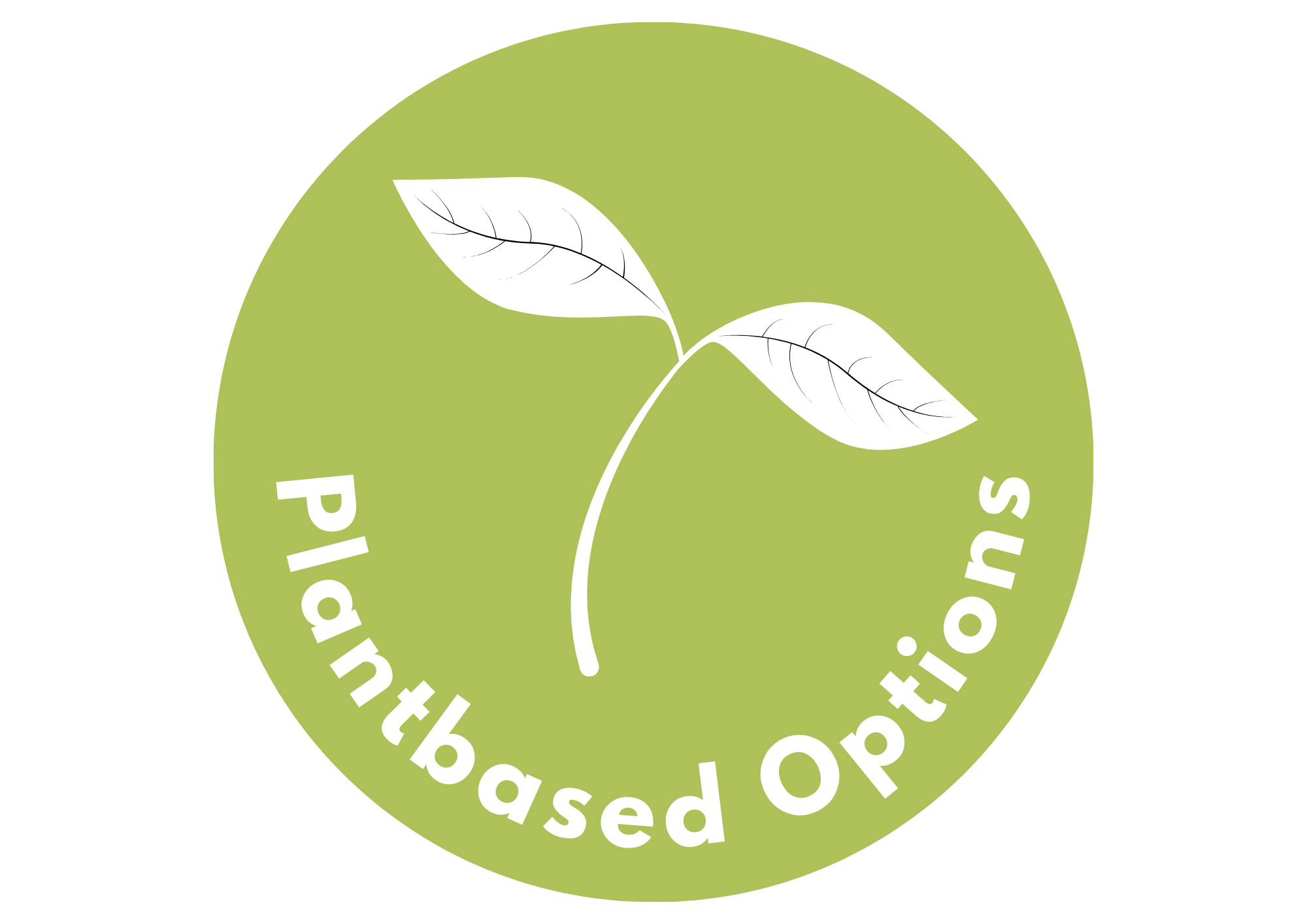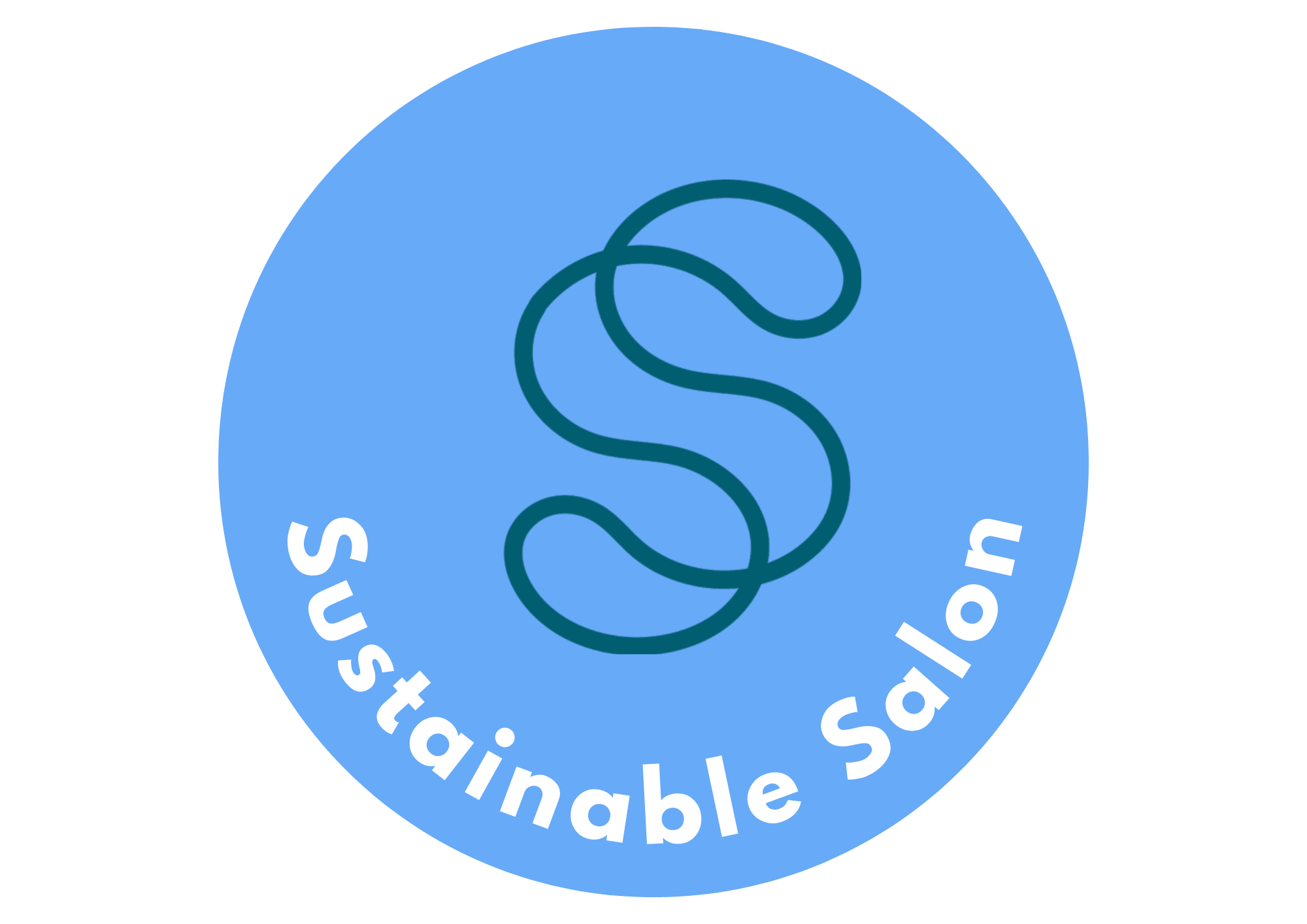-
The business is composting the majority of their food scraps and some soft paper through a composting system. For example, all food scraps and napkins from the kitchen are composted but perhaps not all the paper towels from the bathroom.
-
The business is sourcing local products, produce or onselling for local makers. For example, this could look like cafes buying NZ produce to cook with, and the homeware store stocks locally made ceramics or crafts
-
The business provides a borrow, swap or loan system so that customers can use free or low cost vessels to purchase food or drink to divert single use packaging.
Green Scheme Certifications
-
The business is making an active and ongoing effort to reduce food waste. For example: the business has partnered with groups such as FoodPrint to sell end-of-day food, Love Soup to redistribute excess ingredients/food to divert excess food from going to waste.
-
The business is diverting 90% + of its resources from landfill.
-
The business sells plant-based options.
-
The business has been waste audited by an experienced waste audit group.
-
The business accepts reusable containers and drinkware to sell their products in. This could apply to hospitality and also ‘naked packaging’ for businesses like gift stores. UYO directory lists cafes that accept reusables around NZ.
-
The business will refill people’s water bottles for free, regardless if they are customers or not. Refill NZ is an app supported by Auckland Council that lists locations on a map for people to find - also a database we could tap into.
-
This business has assessed its carbon footprint with an accredited service or organisational and taken the steps necessary to reach a carbon-neutral status. Any Carbon Credits purchased to offset are also from accredited suppliers.
-
This business has assessed its carbon footprint with an accredited service or organisation and taken the steps necessary to reach a carbon-positive status. This means that the business's net carbon footprint goes beyond net zero and removes additional carbon dioxide from the atmosphere.
-
The business has intentionally chosen packaging options that have a very minimal impact on the environment. Using the waste hierarchy, reduction of waste, reuse system, recyclables and compostables are prioritised.
-
This business is excellent at recycling. Following a waste audit, this business has proven to be able to identify and sort what can and cannot be recycled in curbside collection and makes an effort to recycle the items that cannot. An example of this is recycling their TetraPak, batteries, soft plastics and other items with Whangaparāoa Recycling Centre.
-
The business has made a significant effort to move away from single-use practices and items and towards re-use instead. An example of this is establishing a mug library or borrowing system to reduce the use of single-use coffee cups.
-
The business has measured its average power consumption over a month and taken action to reduce its power usage and has proven to do so significantly. Actions can include changing lightbulbs, upgrading to low-power appliances and adapting heating and cooling systems.
-
This business is taking steps to reduce its single-use waste. Once a business has demonstrated a significant and sustained reduction of single-use practices and items, it can become a re-use champion or be close to zero.
-
This business has been diligent in ensuring that staff are knowledgeable about any sustainable practices implemented and ongoingly train and upskill staff to ensure sustainable changes are consistent and long term.
-
This Salon has partnered with the organisation Sustainable Salons and gained their certification. This means that they have significantly reduced their waste and have their hard-to-recycle materials collected through Sustainable Salons.
-
This business works with local partners. This can include working with local services, suppliers, and creators to reduce the travel of products used and to support other local businesses.
-
This business uses eco friendly products and takes eco friendly actions in the cleaning of their premises and goods.
-
This business has taken steps to ensure they are using clean energy sources as much as practically possible. This can include switching power companies to ones who source from and invest in renewables or installing their own solar panels for example.
-
This business uses sustainable stationary sources. Examples of this are, refillable pens, items made from recycled materials, and low-waste alternatives to standard item
-
This business has taken steps to significantly reduce its paper usage. This can include digitising processes such as customer paperwork, offering receipts optionally not automatically to customers and saving paper that is good on one side for other purposes.
-
This business uses environmentally conscious and positive investing and KiwiSaver partners for their staff and/or clients. One of the most significant determinants of the average New Zealander's impact on the planet being positive or not, is where their kiwisaver money is invested. You can learn more about this at Mindful Money.
-
This business encourages and actively supports low-carbon transport for its staff, services and customers. Examples of this are organising carpooling, installing bike racks for staff and customers, or adjusting work shifts to cater to bus timetables.
























